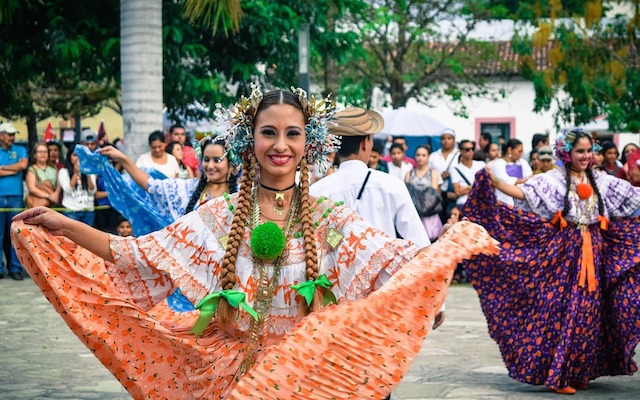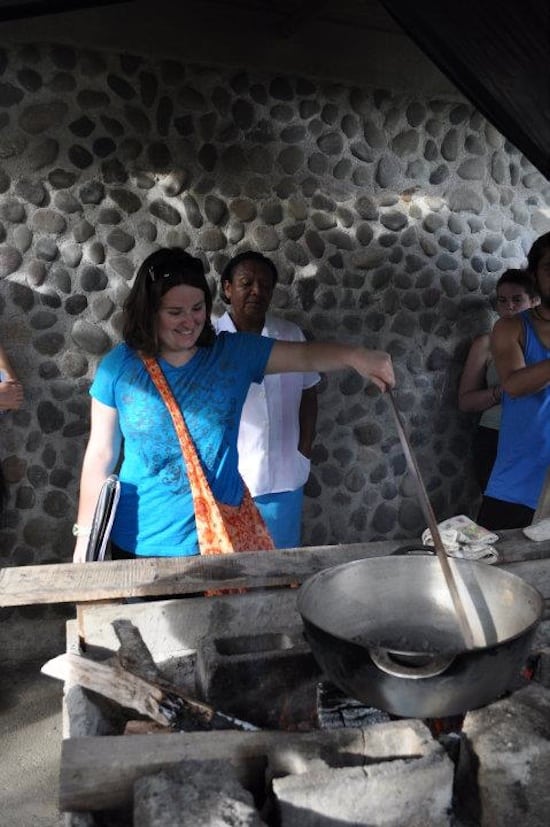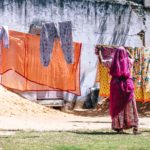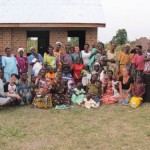Costa Rican Women: Housewives or Superheros?


But then the Spanish came, and suddenly women were inferior. For the Bribri people of Costa Rica, the universe worked on female principles, but when they were Christianized and traded a universal She for a heavenly He, women lost their divinity too. In the exploitation, the famine and the relocations of conquest, the legends and traditions of cacao were lost.

They grind the beans into a pungent paste, and suddenly it becomes clear why cacao was so sacred.
Today, the Bribri women of Talamanca, Costa Rica are reconnecting with their past. The tribe lives in poverty, but ACOMUITA (Asociación de Mujeres Indigenas Bribri de Talamanca, or Asociation of Indigenous Bribri Women of Talamanca) are doing more than bringing financial security to their community: they are revitalizing an important aspect of their culture.
The women plant the trees without pesticides in the ways of their ancestors. They harvest the football-sized orange fruits, extract the pods and roast them until the rich, heady smell fills the air. They grind the beans into a pungent paste, and suddenly it becomes clear why cacao was so sacred. The result tastes nothing like the sort of chocolate we buy in the candy aisle or squeeze from a bottle onto ice cream. The women of ACOMUITA produce the sort of chocolate that their ancestors did, the kind that was a gift from the gods.
Costa Rican Women: Housewives or Superheros?
When I visited the ACOMUITA cacao farm, I was treated to the most amazing hot chocolate I have ever eaten and told the history of cacao. In the beginning, the god Sibö saw that there was something missing in the world, so he created four kinds of cacao seeds and gave them to four women, three of them beautiful and one of them ugly.
Sibö tried to trick the women to see their character, and the three beautiful women fell for the trap but the ugly one resisted. She was strong and resistant while the others capitulated easily. That is why, of the four kinds of chocolate that grow in the area, only the ugliest is used, and only women can work with chocolate because Sibö wanted it to be that way.
In the beginning, the god Sibö saw that there was something missing in the world. So he created four kinds of cacao seeds and gave them to four women.
In indigenous villages, violence and discrimination against women is prevalent. The cultures could not help but absorb the patriarchal tendencies of their conquerors, and societies that once revered women came to malign them. But in Talamanca, the governing bodies must be at least half female, and there is not even one man involved in the chocolate business.
ACOMUITA has a governing board and a planning committee, and its goals go far beyond making money. They run their business to be environmentally sound, socially beneficial and educational. Where many girls in Costa Rica learn that they should aspire to be wives and mothers, the indigenous daughters of Talamanca are learning that they can grow up to be businesswomen who support their culture and traditions.
Top image by Pixabay.








